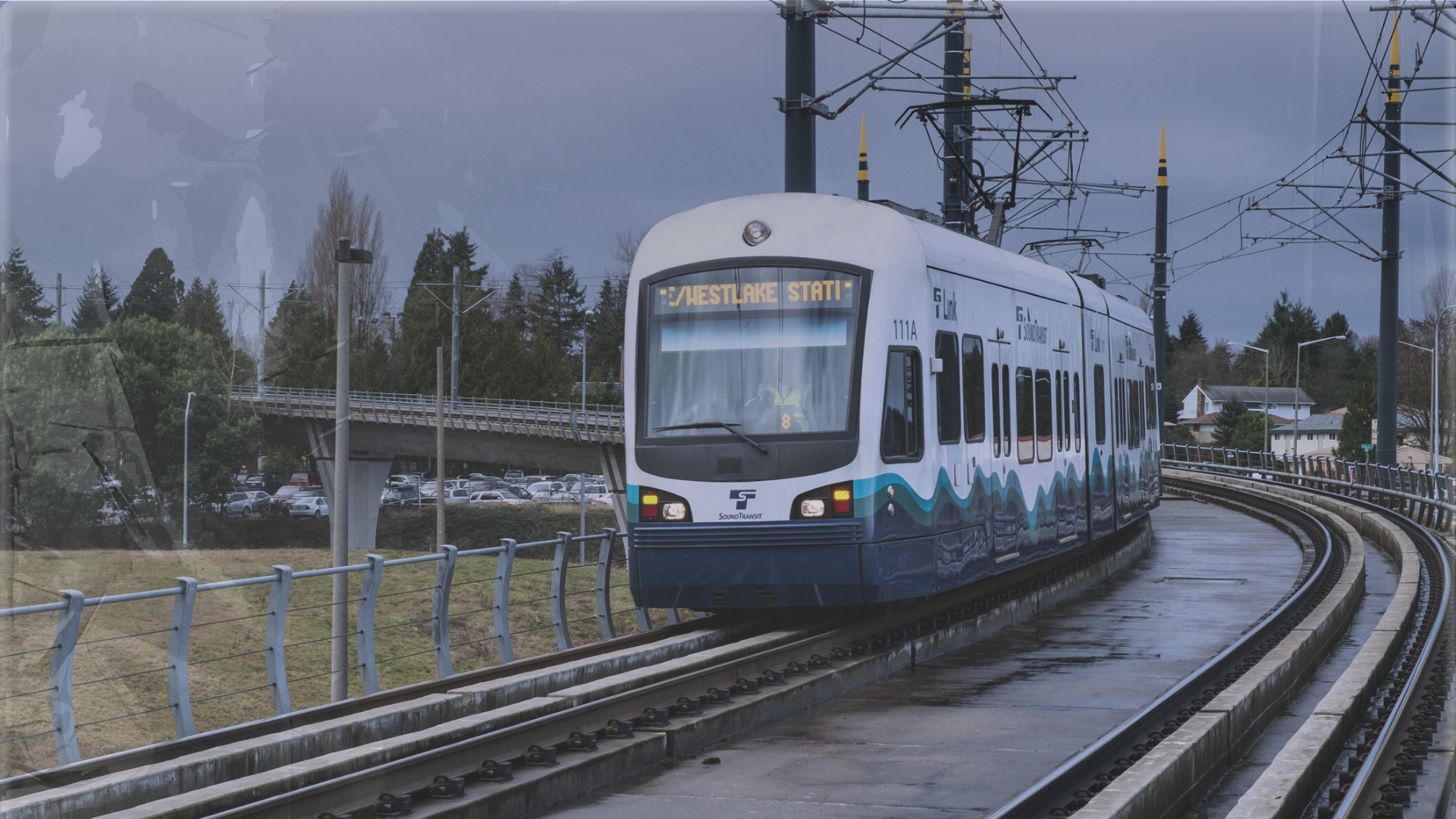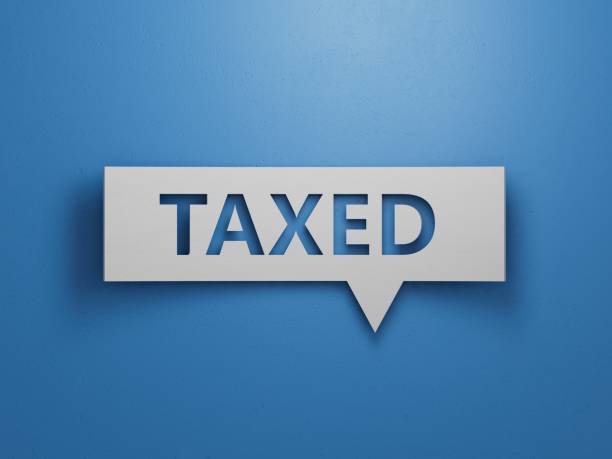The Sound Transit Board met last month to discuss the voter-approved repeal of the Sound Transit car tab tax and the impact this would have on the agency. Demonstrating complete lack of accountability to voters, officials responded by voting to approve another 1% increase in property taxes for the homeowners in the Sound Transit taxing district.
Two voices of sanity, representing the voter frustration expressed with the passage of I-976, spoke up.
Pierce County Executive Bruce Dammeier and University Place Mayor Kent Keel cautioned the rest of the board about ignoring the will of the voters. They recommended Sound Transit work with the legislature to resolve the overpriced car tab valuation schedule and that they should not pass the 1% property tax increase, stating the agency does not need the revenue.
Sound Transit presented data to show that despite I-976 passing as a state-wide initiative, voters in the taxing district rejected it by 53%. This was compared to the Sound Transit 3 (ST3) ballot measure passing result of 54% in 2016. However, this argument ignores the fact that Snohomish County flipped its support with this year’s vote by 9% and Pierce County increased its opposition by 10%. King County was the only county in the taxing district to reject I-976.
As Dammeier stated, there is "end of the line" frustration from voters in Snohomish and Pierce counties. They do not want to be a part of the taxing district if their only purpose is to pay for additional light rail expansion in King County.
Despite the overwhelming evidence that some voters have ST3 buyer’s remorse by the passage of I-976, the Sound Transit Board doubled down with the 1% property tax increase (a detail missed in a recent Seattle Times article). The increase passed 14-2, with Dammeier and Keel voting against.
Sound Transit is authorized to collect 25 cents per $1,000 of assessed property value. Since home values have been increasing over the last few years in the Puget Sound area, the levy rate they have been effectively collecting has fallen, but the dollar amount collected has stayed the same. Sound Transit is using this additional capacity authority to increase taxes on families in the taxing district. Unlike many of the fire police levies in the state that expire and require voters to re-authorize the levy, Sound Transit requires no such re-authorization and can continue to automatically increase taxes by 1% per year.
This will not be the last tax that Sound Transit will pass. The agency is considering additional expansion. It has allocated several million dollars to study the expansion as part of the ST3 package. This will result in another ballot measure, Sound Transit 4.
Sound Transit should consider in its planning, that transit is only a small part of the solution and that the region needs real solutions to relieve traffic congestion and increase mobility for the great majority of our growing region, which commutes by car.
Sound Transit officials have an opportunity to show leadership in their response to voters. Regardless of what the courts may decide to do with the initiative, Sound Transit can choose to honor the will of the voters and make the appropriate adjustments to its budget and delivery schedule. They can also work with the legislature to correct the vehicle valuation schedule and ensure car tab taxes are fair. This would go a long way to restoring voter confidence in the agency.





